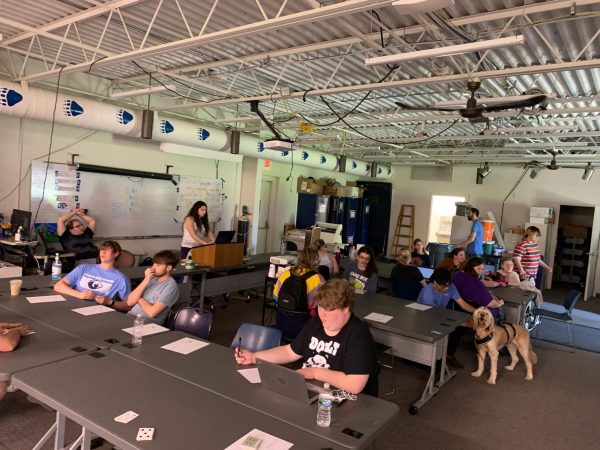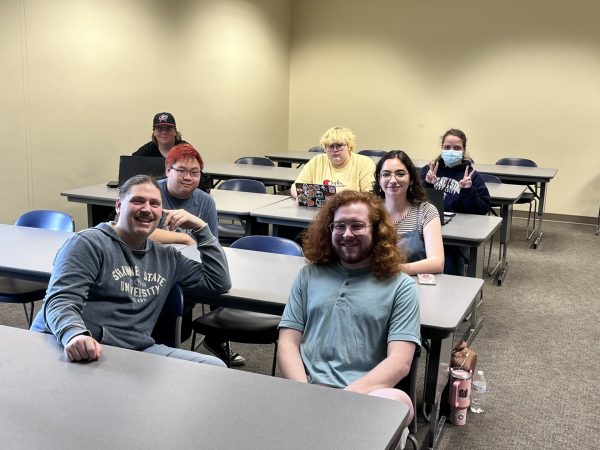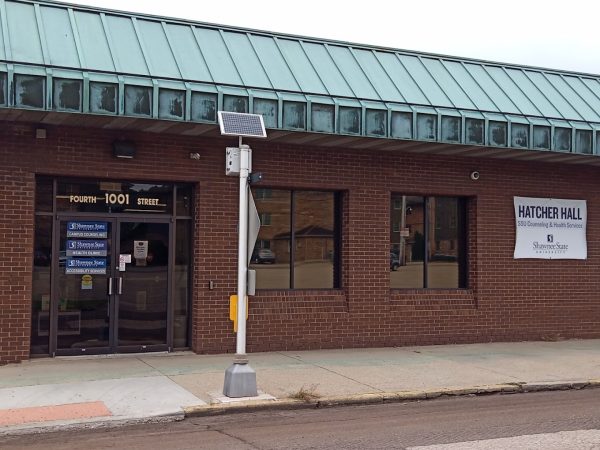A Swift Stimulus?
October 9, 2020
As many Americans were eagerly waiting to discover the results of continued negotiations in Congress on a potential stimulus bill, President Donald Trump indicated that the bill would meet a definite demise. On Tuesday, October 6, 2020, the president notified through Twitter that he had “instructed his representatives to stop negotiating until after the election” when he would proceed with a second term and essentially pass a stimulus relief bill independent of the current negotiations. While most Americans did seem to react in a partisan manner, there were assorted opinions that were both critical and supportive of the president’s latest move.
Reacting to pushback and public concern about his decision to postpone the negotiations for the assistance for everyday Americans, President Trump later tweeted and stated that he would only sign a “Stand Alone Bill for Stimulus Checks.” Such bill would include only the provision for direct stimulus checks to individuals for the amount of $1,200. The defunct discussions have resulted from a differing opinion on behalf of the White House and Congressional Democrats, with the Trump Administration seeking less funding and the Democrats pursuing more funding for various programs and solutions. Prior to the speculated collapse in discussions, the White House advocated for a package including $1.6 trillion in funding and the Democrats $2.2 trillion.
Despite the remarkable differences amid negotiating, everyday Americans continue to suffer through the social and economic repercussions of the COVID-19 pandemic. According to the Ohio Department of Health, by the conclusion of April, Ohio’s budget and revenues had been over $776 million short of expected estimates. Many budget reductions were made by government officials, including cuts to Medicaid, higher education, and much more. Individual households have suffered financially as well, with many people finding themselves unemployed and without work.
Daily life was altered financially for many people in Ohio, and a second stimulus bill would potentially provide necessary continued relief as our communities attempt to move forward.
While discussions have resumed and the debate and conversation surrounding a second round of stimulus checks may be largely political and even partisan, it is important that we as a society continue to follow the latest discussions about relief and economic support. Even though negotiations may subside or fade away, COVID-19 will not. Individuals from all socioeconomic classes have been significantly influenced by hardships associated with the virus, both locally and nationally.






